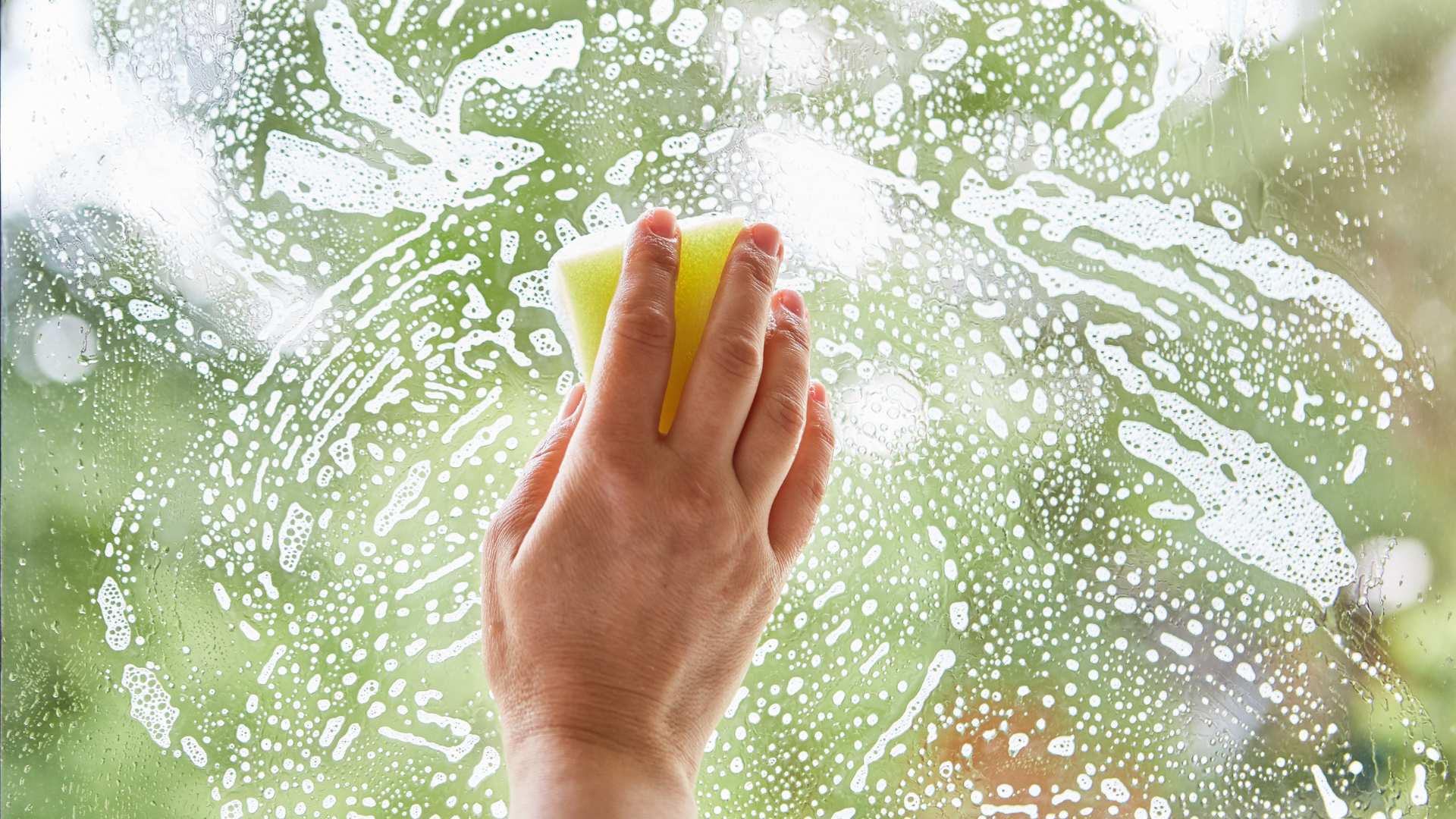The Dangerous Relationship Between Eating Disorders and Malnutrition

Malnutrition is characterized by deficiencies, excesses, or imbalances in a person’s intake of nutrients, which are essential for the body to function properly. Eating disorders including anorexia nervosa, bulimia nervosa, and binge eating disorder (BED) can disrupt the body’s nutrient balance, resulting in a lack of energy for the body to carry out vital processes.
Malnutrition can have serious and even deadly health consequences, especially when brought on by eating disorders. Investigators found that mortality rates were 4 percent for anorexia nervosa, 3.9 percent for bulimia nervosa, and 5.2 percent for unspecified eating disorders. Though these statistics don’t take into account eating disorder deaths related to malnutrition, they underscore the perilous nature of eating disorders and their potentially deadly effects.
THIRTEEN HEALTH CONSEQUENCES OF EATING DISORDERS RELATED TO MALNUTRITION
Many of the health consequences related to eating disorders are due in large part to malnutrition, which can be caused by limited caloric intake, purging, as well as excessive caloric intake.
Explore the consequences of malnutrition brought on by eating disorders below:
- Heart failure — Can result when the body breaks down the heart in an attempt to use its own muscle tissue for fuel; also can be caused by a decrease in electrolytes which help the heart beat.
- Slowed digestion — Caused by the interference with the normal emptying of the stomach following eating. Associated issues of slowed digestion can include:
- Stomach pain and bloating
- Nausea and vomiting
- Blood sugar fluctuations
- Blocked intestines
- Bacterial infections
- Feeling full after eating only small amounts
- Constipation — Due to the weakening of the muscles of the intestines that leaves them without the strength to move food out of the body.
- Pancreatitis — An inflammation of the pancreas that can cause symptoms of pain, nausea, and vomiting.
- Decreased brain functioning — The brain relies on one-fifth of the body’s calories to function. Without the necessary energy, the depleted brain can cause sleep issues, seizures, and fainting.
- Decreased hormone levels — A lack of fat in one’s diet can result in diminished levels of estrogen, testosterone, and thyroid hormones, causing irregular menstruation and bone loss.
- Decreased metabolic functioning — Can affect the body’s ability to stay warm, leading to hypothermia.
- High cholesterol levels — Malnutrition can affect the liver’s ability to metabolize cholesterol. High cholesterol can also result from abnormal hormone levels brought on by anorexia.
- Dry skin, brittle hair, and hair loss — Due to a lack of fat and nutrients in one’s diet.
- Growth of lanugo — A kind of hair grown by the body to help it stay warm when facing starvation.
- Kidney failure — Can result from severe dehydration.
- Decrease of certain blood cells — Which can threaten the body’s ability to fight infections.
- Anemia — Caused by diminished iron in one’s diet which can result in fatigue, weakness, and shortness of breath.
NOURISH YOUR BODY, MIND, AND SPIRIT
We believe that eating disorders should be treated holistically by a multidisciplinary team of specialists. At Thrive, clients receive both mental and medical care provided by psychiatrists, therapists, primary care physicians, nutritionists, and mindful movement specialists. Through holistic treatment that emphasizes the healing of the whole person, clients are empowered to enrich their bodies with life-giving nutrients, enhance their mental-emotional health with powerful coping practices, and refresh their spirit through joy-inducing self-care habits. Reach out to us to learn more about our eating disorder treatment programs in Reno, Waco, and Sacramento.
The post The Dangerous Relationship Between Eating Disorders and Malnutrition first appeared on Thrive Wellness.

Start your healing journey today
NEXT STEPS
Are you ready to find hope? We can't wait to connect you with the care you need. To get started with us, please reach out using the link below.

Obsessive Compulsive Disorder

Perinatal
Mental Health
Obsessive Compulsive Disorder
Perinatal
Mental Health
SITE MENU
THRIVE LOCATIONS
Reno, NV 89501
OCD & Anxiety Disorders
Luella Garvey House
Perinatal Mental Health
"It Takes A Village"
Virtual Program
All Rights Reserved | Thrive Wellness | PRIVACY POLICY





